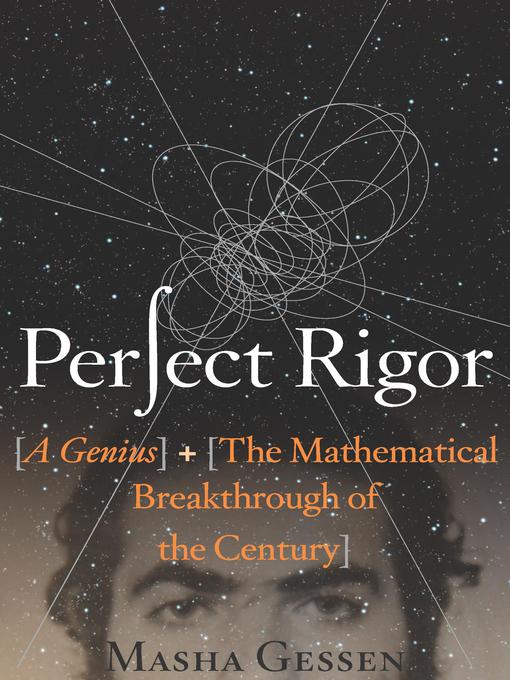A gripping and tragic tale that sheds rare light on the unique burden of genius
In 2006, an eccentric Russian mathematician named Grigori Perelman solved the Poincare Conjecture, an extremely complex topological problem that had eluded the best minds for over a century. A prize of one million dollars was offered to anyone who could unravel it, but Perelman declined the winnings, and in doing so inspired journalist Masha Gessen to tell his story. Drawing on interviews with Perelman's teachers, classmates, coaches, teammates, and colleagues in Russia and the United States—and informed by her own background as a math whiz raised in Russia—Gessen uncovered a mind of unrivaled computational power, one that enabled Perelman to pursue mathematical concepts to their logical (sometimes distant) end. But she also discovered that this very strength turned out to be Perelman's undoing and the reason for his withdrawal, first from the world of mathematics and then, increasingly, from the world in general.

